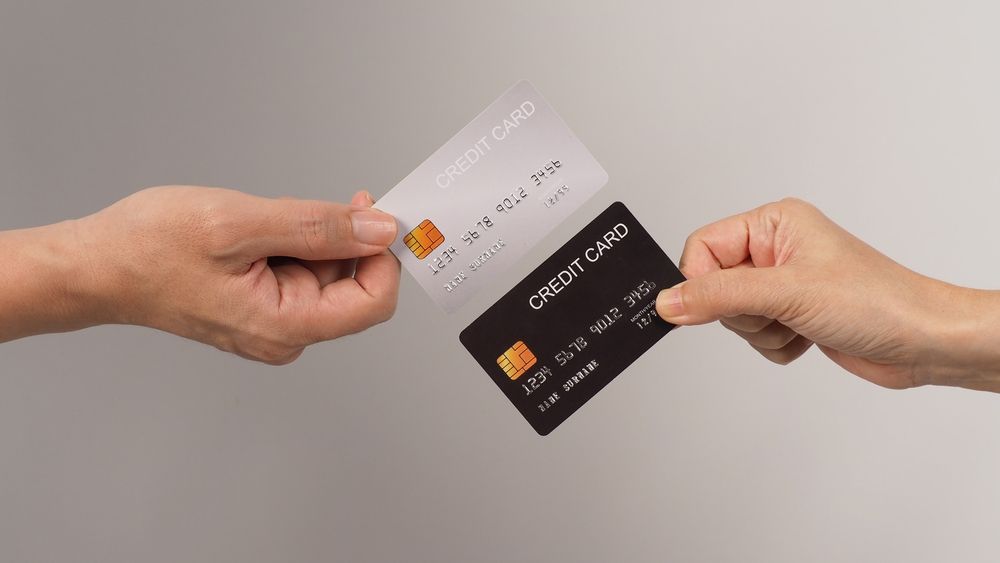
Credit cards serve as versatile financial tools, offering convenience, rewards, and building credit when used responsibly. However, understanding the ideal frequency of credit card usage is essential for maximizing benefits without falling into the trap of excessive debt. This article aims to explore the considerations behind credit card usage frequency, offering insights into responsible utilization strategies.
The Role of Credit Cards in Financial Management
- Understanding Credit Card Usage: Discuss the primary functions of credit cards, including convenience, cashless transactions, building credit history, earning rewards, and accessing short-term financing.
- Impact on Credit Score: Explain how credit card usage frequency influences credit scores, emphasizing the importance of maintaining a healthy credit utilization ratio for a positive impact on creditworthiness.
- Balancing Credit Card Benefits and Pitfalls: Highlight the benefits of using credit cards responsibly, alongside the potential risks associated with excessive usage leading to debt accumulation and high-interest payments.
Factors Influencing Credit Card Usage Frequency
- Personal Financial Goals and Habits: Discuss the correlation between individual financial goals, spending habits, and the appropriate frequency of credit card usage aligned with those goals.
- Credit Limit and Available Credit: Explain how available credit limits and managing credit utilization ratios influence the frequency of credit card use, avoiding maxing out or overextending credit.
- Rewards and Perks Optimization: Discuss the relevance of leveraging credit card rewards and perks by strategically using cards for specific purchases or expenses, influencing usage frequency.
Strategies for Responsible Credit Card Usage
- Regular, Small Purchases: Suggest using credit cards for routine, smaller purchases, paying them off in full each month to maintain activity without carrying over balances.
- Utilizing for Specific Categories: Encourage using credit cards for specific spending categories that offer rewards or cashback benefits, maximizing returns while staying within budget.
- Monitoring and Budgeting: Emphasize the importance of tracking spending, setting budgets, and staying mindful of credit card balances to regulate usage and avoid overspending.
Determining Optimal Usage Frequency
- Frequency Based on Financial Needs: Discuss how the frequency of credit card usage can vary based on individual financial needs, lifestyle, and available resources.
- Adapting to Changing Circumstances: Highlight the importance of reassessing credit card usage frequency regularly, adjusting it as financial situations or goals change.
- Credit Card Rotation: Discuss the concept of credit card rotation, where multiple cards are used strategically to maximize rewards and benefits while managing spending.
Responsible Credit Card Maintenance
- Timely Payment and Avoiding Debt: Emphasize the significance of making timely payments, avoiding high-interest debt, and understanding the impact of carrying balances on credit card usage.
- Regular Credit Card Reviews: Discuss the importance of periodically reviewing credit card terms, interest rates, fees, and rewards to ensure they align with financial goals.
- Seeking Professional Advice: Encourage seeking guidance from financial advisors or credit counselors for tailored advice on managing credit card usage based on individual circumstances.
Determining how often to use a credit card requires a careful balance between reaping the benefits of rewards and maintaining financial discipline to avoid debt. By aligning credit card usage with personal financial goals, practicing responsible spending habits, and staying informed about credit card terms and rewards, individuals can strike a harmonious balance in their credit card usage frequency.
Finding the right balance ensures that credit cards remain valuable financial tools, aiding in financial management, building credit, and enjoying rewards while steering clear of debt pitfalls.
